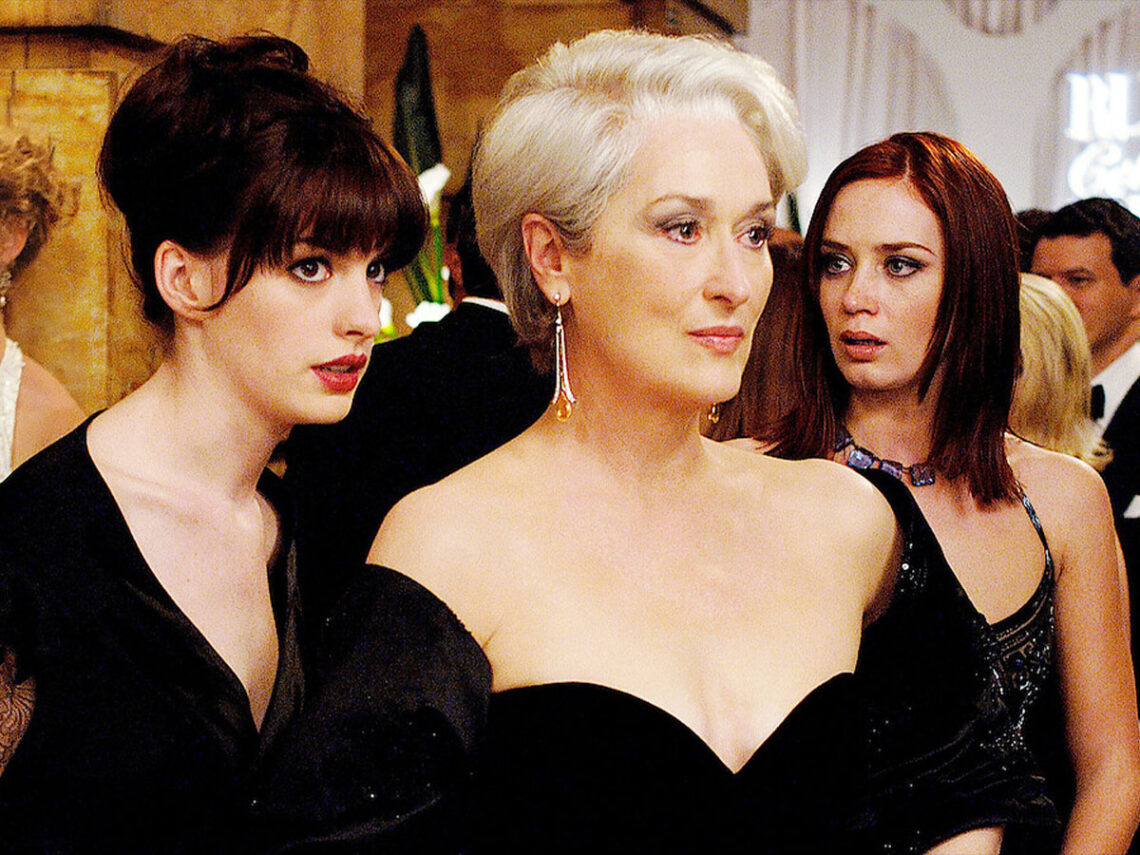
Netflix Flashback: Why ‘The Devil Wears Prada’ is actually a horror film about toxic work culture
We have all loved watching and rewatching The Devil Wears Prada over the years. The ultimate makeover fantasy with a subtle revenge arc and a questionable happy ending where the girl finally chooses herself (sort of). But in all that sparkle and sass, we somehow forget that behind the killer heels and couture was something far darker. What if this was never a fashion film at all? What if it were a quiet horror movie about a toxic workplace? One that mirrors the real-life culture so many of us have been trying to escape? If you have not thought about it, it’s time for a rewatch on Netflix.
The movie has always sold us a dream: work hard, glow up, and get the boss’s respect. It flirts with the idea that if you push yourself hard enough, you will finally earn your seat at the table. But the price of that seat is never shown in full, only hinted at behind designer coats and tight smiles.
For years, we watched it and clapped for the transformation. We loved the snark, the outfits, and the “stuff” monologue. But rewatch it now, especially after a global burnout reckoning, and it all feels heavier. There’s a weight to the silence; a cost to the glamour. And suddenly, Miranda does not look inspiring—she looks terrifying.
This is not about villainising powerful women. Miranda is allowed to be complicated. But the work culture she represents? That is what deserves a second look. She’s the kind of boss we once called iconic and now call unsustainable.
The real twist is that we all saw it coming. We just did not want to admit it because The Devil Wears Prada was never just about fashion; it was about fear.
Five reasons why The Devil Wears Prada is a horror film about toxic work culture
Miranda Priestly is a horror villain in disguise
She never yells, but never needs to. Miranda controls with silence, raised eyebrows, and an icy stare. Her staff live in a constant state of fear, scrambling to meet expectations that are never fully explained and rarely rewarded. The fear is so normalised that it becomes part of the office wallpaper.
And because she is brilliant, because she has built an empire, her cruelty is excused. That is what makes her terrifying. She does not just demand loyalty. She conditions people to think they are lucky to suffer for her.
Andy’s transformation is not empowerment; it is erasure
At first, Andy Sachs is everything Runway hates: unstylish, unimpressed, and grounded. But over time, the job consumes her. She ditches her values, her friends, and eventually her sense of self. Sure, she looks incredible in Chanel, but who is she really becoming?
What looks like a glow-up is actually burnout in disguise. Andy is praised when she gives up everything for the job. That kind of praise feels familiar because we have all been there, applauded for pulling all-nighters, answering calls on weekends, and being “all in”.
Toxic loyalty is sold as ambition
When Andy finally gets the hang of the job, she is told she is doing great. But what that actually means is she is doing everything Miranda wants, without complaint. When Miranda’s position is threatened, she manipulates Andy into protecting her, playing on her trust. And it works.
The problem is not just Miranda’s behaviour but how the system rewards it. Power is protected at all costs, and those who are most loyal to the ones in power are those who lose the most.
A warning guised in haute couture
The film has always been stylish, fun, and endlessly quotable. But watching it now, especially after years of hustle culture, burnout, and “quiet quitting”, the deeper message hits harder. This is not just about one terrifying boss. It is about an entire culture that has made fear and fatigue seem glamorous.
In one of the film’s most honest moments, Nigel tells Andy she sold her soul the day she put on her first pair of Jimmy Choos. It is meant to be a joke, but it stings because she did. She changed everything from her clothes to her values and boundaries, just to survive and feel like she belongs and is worthy of respect.
A horror story that still rings true
Rewatching The Devil Wears Prada in 2025 is a different experience. It still has sparkle, and it still entertains. But now, it feels more like a warning. One about ambition, exhaustion, and the cost of “success” when the workplace expects everything and gives little in return.
So yes, sure, it’s a makeover movie and a revenge story and a career flick. But make no mistake, this is also a horror film. One where the scariest thing is not the boss but how easy it is to lose yourself while trying to impress her.